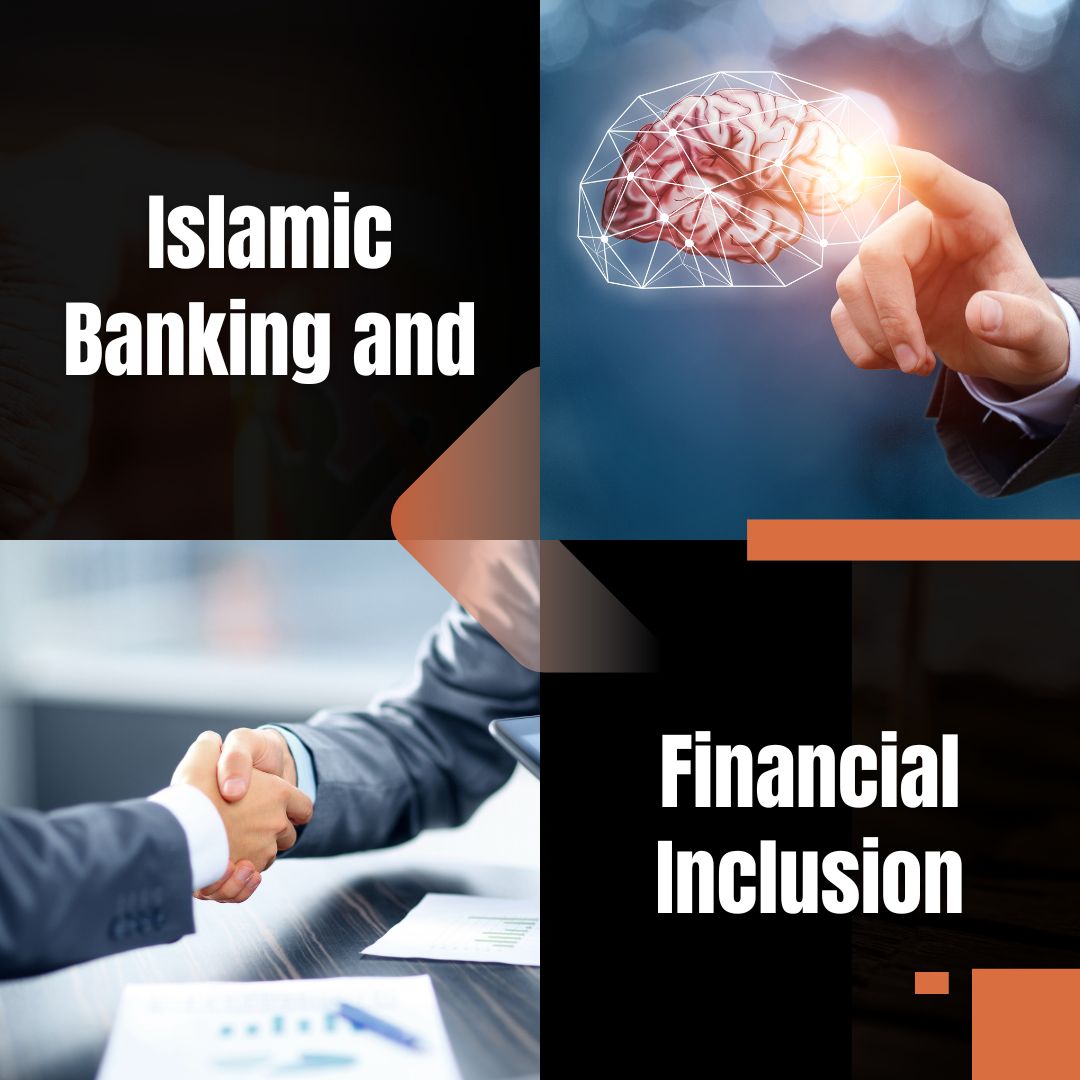Introduction
In recent years, financial inclusion has become a central focus for many economies, particularly in developing countries. Financial inclusion ensures that individuals and businesses have access to useful and affordable financial products and services that meet their needs, delivered in a responsible and sustainable way. Islamic banking, with its unique principles and practices, has emerged as a significant player in promoting financial inclusion.
Understanding Islamic Banking
Islamic banking is a system of banking that is consistent with the principles of Islamic law (Shariah). Key principles include:
- Prohibition of Interest (Riba): Islamic banking prohibits the payment or receipt of interest. Instead, it focuses on profit-sharing and risk-sharing models.
- Ethical Investments: Investments must comply with Islamic ethical standards, avoiding sectors such as alcohol, gambling, and tobacco.
- Asset-Backed Financing: All financial transactions must be backed by tangible assets or services, fostering a closer link between financial and real economic activities.
Islamic Banking and Financial Inclusion
Islamic banking promotes financial inclusion in several ways:
- Accessibility to Financial Services:
- Microfinance: Islamic microfinance institutions provide small-scale financing to low-income individuals and micro-enterprises, often excluded from traditional banking. These services help in poverty alleviation and empower small business owners.
- Non-Interest Bearing Accounts: Islamic banks offer non-interest-bearing accounts, making banking accessible to those who avoid conventional banking due to religious reasons.
- Promoting Ethical and Sustainable Finance:
- Social Welfare: Islamic banks often engage in social welfare activities through instruments like Zakat (charitable giving) and Qard Hasan (benevolent loans). These initiatives support the underprivileged and contribute to community development.
- Environmental Responsibility: Investments are made in sustainable and ethical projects, promoting long-term economic development without compromising environmental integrity.
- Encouraging Savings and Investments:
- Profit-Sharing Accounts: Mudarabah accounts allow customers to share in the profits generated from their deposits, encouraging savings and investment. This model aligns the interests of the bank and the customer, fostering a sense of partnership.
- Supporting Small and Medium Enterprises (SMEs):
- Musharakah and Murabaha Contracts: These financing models support SMEs by providing necessary capital without the burden of interest payments. They also encourage joint ventures and profit-sharing arrangements, reducing financial barriers for entrepreneurs.
Case Studies: Success Stories in Islamic Banking
- Malaysia: Malaysia is a global leader in Islamic finance. The country’s Islamic banking sector has played a crucial role in enhancing financial inclusion, with products designed for various segments of society, including micro-entrepreneurs and rural communities.
- Indonesia: Indonesia, with the largest Muslim population in the world, has leveraged Islamic banking to reach the unbanked population. The use of mobile banking platforms and agent networks has significantly increased access to financial services in remote areas.
- Sudan: In Sudan, Islamic microfinance institutions have successfully provided financing to small farmers and traders, boosting agricultural productivity and local trade. These initiatives have improved livelihoods and economic stability in rural regions.
Challenges and the Way Forward
While Islamic banking has made significant strides in promoting financial inclusion, several challenges remain:
- Regulatory Framework: Ensuring a supportive regulatory environment that accommodates the unique aspects of Islamic finance is essential for its growth and sustainability.
- Awareness and Education: Increasing awareness about Islamic banking products and their benefits can drive greater acceptance and usage among potential customers.
- Technological Integration: Leveraging technology to enhance the reach and efficiency of Islamic banking services, particularly in underserved areas, is crucial.
Conclusion
Islamic banking, with its ethical and inclusive approach, offers a viable solution to the challenges of financial exclusion. By providing accessible, fair, and sustainable financial services, Islamic banking can play a pivotal role in promoting economic development and social well-being. As the sector continues to evolve and expand, it holds the promise of a more inclusive and equitable financial system for all.
